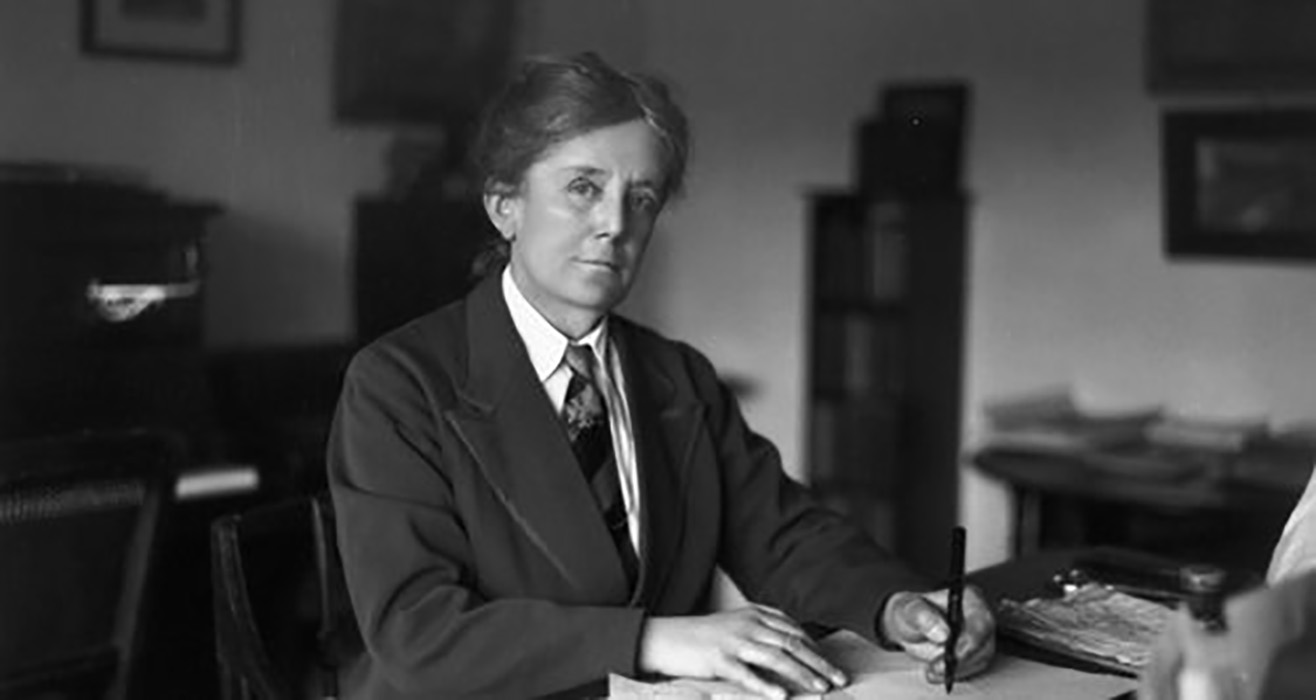Knoxville Symphony Orchestra Masterworks Series
Aram Demirjian, conductor— Guest artist Tanya Gabrielian
Tennessee Theatre, 604 S. Gay Street
Thursday and Friday, March 17 and 18, 7:30 PM
Tickets and Information
Dame Ethel Smyth: The Boatswain’s Mate: Overture
Pyotr Tchaikovsky: Piano Concerto No. 1 (pianist Tanya Gabrielian)
Johannes Brahms: Symphony No. 2
On this week’s Masterworks concerts, the Knoxville Symphony Orchestra will be doing a bit of exploring for treasure. No, not for ancient relics or chests of gold, but for some charming music history coincidences and connections. Maestro Aram Demirjian has taken two works from well-known composers from the latter half of the 19th Century, Brahms and Tchaikovsky, and introduced a younger contemporary of theirs, the British composer Ethel Smyth. The amusing connection here is that all three composers knew each other personally. And, we also find confirmed the sad gender bias that prevented female composers from achieving their due exposure in the 19th Century.
As for Tchaikovsky and Brahms, neither composer liked the other’s music and took no pains to hide it. On one occasion, at a dinner given by Gewandhaus concertmaster Adolph Brodsky, the pair was uncomfortably seated together, separated only by Norwegian composer Edvard Grieg, who could barely tolerate the barbed animosity that engulfed the table. In general, as offered by Brahms biographer Jan Swafford, Tchaikovsky felt the German’s work was “pretentious and derivative,” while Brahms found the Russian’s music “shallow and self-indulgent.” Thankfully, music history has been a bit more objective in its opinions.
During her time of study at the Leipzig Conservatory and privately in Leipzig, British composer Ethel Smyth met both Brahms and Tchaikovsky at various times, either at Brodsky’s home or at the home of Heinrich Herzogenberg and his wife, Elisabeth. After meeting Smyth in 1888, Tchaikovsky later wrote:
“Miss Smyth is one of the few women composers whom one can seriously consider to be achieving something valuable in the field of musical creation. … Since of course no Englishwoman can be without her peculiarities and eccentricities, it is no wonder that Miss Smyth displays some, too … her incredible, incomprehensible veneration, nay, passion for the enigmatic musical genius of Brahms. In her view, Brahms is the culmination of all music, and everything that came before him served merely as necessary groundwork so that, finally, absolute musical beauty could be embodied in the person of the Viennese master.”
Maestro Demirjian weighed in on the opportunity to hear Smyth on the concert.
“To the best of my knowledge,” says Demirjian, “This week marks the first time in our history that the KSO will be performing the music of Ethel Smyth, a wonderful composer and remarkable historical figure. The delightful overture to The Boatswain’s Mate reflects the comic excitement and substantial use of English folk tunes found in Smyth’s opera and also prominently quotes Smyth’s “March of the Women”, the anthem of the women’s suffrage movement in Great Britain.”
To continue the exploration of Smyth’s music, Demirjian is including her Suite for Strings on next January’s Chamber Classics concert.






